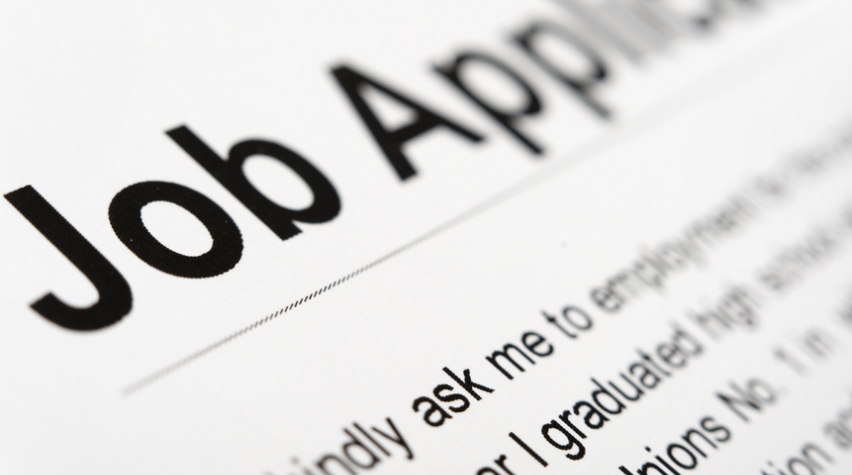
Looking to those you know
Indeed, many employment doors are opened by people you know. As an undergraduate, Michael Lee, a chemical engineer now working in Texas, sent his r?sum? to a former engineering coworker of his father. The internship he obtained through this familial connection helped Lee to see how engineering fundamentals taught in college are applied in industrial practice. The experience opened Lee's eyes to the breadth of opportunities for chemical engineers in the energy field -- where he wants to remain. Kate Gawel, a project engineer at Kraft Foods and a graduate of Penn State University, encourages her young engineer colleagues to gain experience and knowledge by volunteering for leadership roles in activities outside the workplace. "I know how hard it can be to run an organization, and I look favorably on a job candidate who has the proven ability to do that," she says. When approaching a first job, meet as many people as you can and learn about their work experiences. First jobs are an opportunity to decide whether a certain type of work truly suits you, and hearing what other people have to say about their jobs can help you with some of your own work decisions. Changing jobs in your twenties is very common, and after gaining some experience at one company, it will be easier to find subsequent jobs. For example, Gawel notes that Kraft Foods does not typically hire recent graduates who have not at least interned with Kraft, but is more willing to hire people who have experience elsewhere in the food industry.
Broaden your search
Another key piece of advice offered by young professionals is that new chemical engineers should look outside their familiar settings -- be it a research lab or a current workplace -- to more widely explore career opportunities. Participate in AIChE local sections, young professionals groups, or local chapters of organizations like the Society of Women Engineers (SWE). Aside from networking, benefits of these affiliations often include visits to local companies or tours of chemical plants. At these tours, talk to engineers about what they do, and imagine yourself in their position. Collect contact information, and ask permission to follow up with questions you may have about their work. If you apply for a job at the company, ask your connection to forward your r?sum?. If you left a good impression, your application might start out at the top of the pile. Good communication skills are also a must-have. The standards for an engineer's ability to communicate and collaborate with others are higher than in the past, says Mary Lynch, a senior engineer at Consolidated Edison of New York. "Engineers today are expected to be comfortable speaking to an audience, and capable of 'selling' their ideas," she notes. Such confidence and poise are acquired only through practice. Thus, another benefit of getting involved with volunteer and leadership opportunities is the chance to hone your expressive skills.
It's a numbers game
Having multiple options is also an important part of any job search process. Anthony Tantuccio, a graduate of The Cooper Union who now works in the pharmaceutical industry, says that graduating seniors should apply to as many companies as possible. He sent r?sum?s to more than 50 personal contacts that he had developed by attending local section events and meeting people at AIChE conferences. Tantuccio also advises graduating students to consider temporary employment in their desired industry. "Employers may find it risky to hire people they don't know, but are willing to consider temporary employees for permanent positions when they become available," he adds. A common sentiment shared by AIChE young professionals is that there are ample opportunities for graduating seniors to find jobs in chemical engineering. Early on, students should seek internships, research opportunities, and involvement in extracurricular activities like AIChE's Chem-E-Car Competition. After graduating, new engineers can visit companies, accept temporary assignments, look for volunteer and leadership roles in the local engineering community, and build their network of engineering peers -- and later draw on those new friendships for job opportunities. As new chemical engineers, we are in the once-in-a-lifetime position to invent our careers from scratch.


